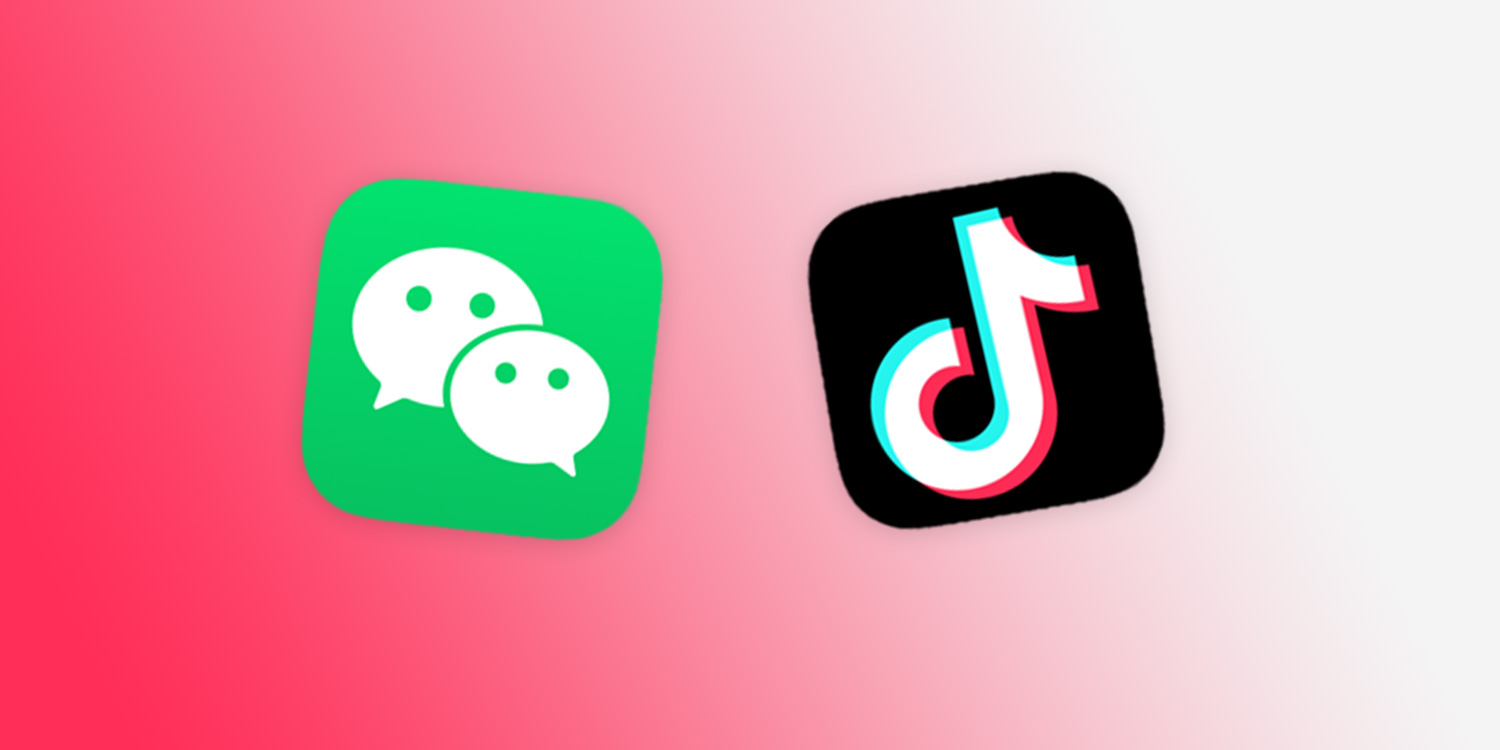President Trump has signed an executive order, effectively banning the popular Chinese-owned apps TikTok and WeChat.
This is a complicated issue. We’re not going to dissect the political game-playing here, or even the legal technicalities of the order – that can of worms could fuel a 5,000-word essay – but what we can do is break down the major beats of the story for you.
Essentially, the executive order prohibits TikTok and WeChat’s parent companies from any transactional deals with US-based companies. That’s different to simply banning the apps in the US – while there is still some debate over the specifics, it could force Apple to remove the apps from its App Stores worldwide, not just regionally. There’s a deadline of September 20 before the apps would need to be removed.
Even if you’re not a user of TikTok or WeChat – and unless you’re a teenager or live in China, the demographics would suggest you don’t – it’s hard to overstate the impact of these apps. WeChat in particular, while not very big in the rest of the world, is virtually indispensable for many in China.
That’s a big deal and, according to Apple analyst Ming-Chi Kuo, could have a very significant knock-on effect. He expects iPhone sales in China to drop by around 30% if Apple is forced to remove these two incredibly popular apps from its App Store. With Apple’s products doing increasingly well in China, that would be a big blow to its bottom line.
TikTok intends to fight the order, but already there is talk of American companies acquiring or merging with TikTok in order to continue its US-based operations. Apparently Twitter and Microsoft have both shown an interest in working with TikTok, and such an agreement would satisfy Trump enough to let the apps continue.
Something tells us this app drama is far from over – watch this space.

